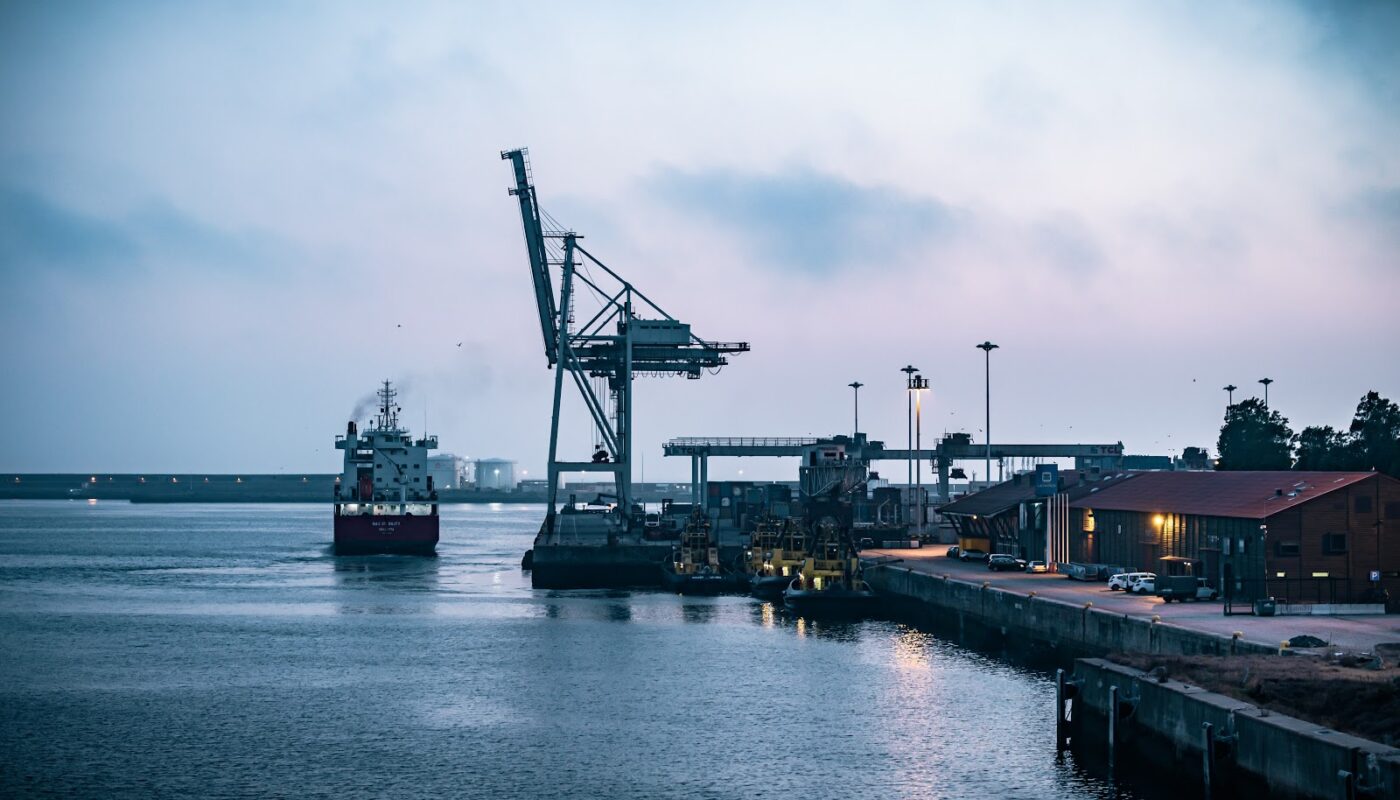The maritime industry carries over 90% of global trade and supports billions of livelihoods worldwide. However, operating such a vast global supply chain comes with unique challenges related to efficiency, safety, and environmental sustainability. Maritime analytics provides a data-driven solution to address many of these challenges by leveraging data collected from ships, ports, and other assets. As sensors and connectivity improve, the potential of maritime analytics grows exponentially.
Operations Optimization
Vessel operations account for a significant portion of industry costs. Maritime analytics helps optimize these operations through route planning, weather routing, cargo planning, and predictive maintenance. Advanced route optimization models leverage real-time weather and ocean current data to determine the fastest and most fuel-efficient routes. This reduces fuel usage and carbon emissions. Similarly, predictive maintenance utilizes sensor data to detect equipment faults early and schedule repairs. This avoids unexpected downtime and associated costs. Cargo planning algorithms use historical load data to determine the optimal cargo mix and distribution across vessels for maximizing revenue. Such optimization enhances operational efficiency while minimizing environmental impact.
Crew Health and Safety
Maritime operations involve health and safety risks for crews. Analytics helps reduce such risks through digitalization of medical records, monitoring of working conditions, and predictive incident analysis. Digital health profiles integrated with IoT sensors allow remote tracking of crew vitals and early detection of potential issues. Environmental sensors on ships provide data on noise, air quality, and ergonomics to identify hazard areas. Machine learning algorithms analyze historical incident reports to identify risk factors and predict high-risk situations to improve safety protocols. This helps ensure crew well-being.
Predictive Maintenance and Asset Monitoring
Marine assets experience harsh operating conditions which can reduce lifespan if not maintained properly. Maritime Analytics manages asset health through remote monitoring solutions. Sensors provide real-time insights into equipment performance, vibrations, corrosion levels etc. Predictive models use these operational data parameters to determine remaining useful life and schedule predictive maintenance. This avoids catastrophic equipment failures and reduces maintenance costs through optimized spare part inventory and service scheduling. Remote monitoring also helps track asset location and utilization globally through IoT enablement.
Port and Terminal Optimization
Ports act as lynchpins of global trade but face challenges related to berth allocation, yard utilization, and cargo handling. Analytics addresses these through simulation and optimization of terminal operations. Berth scheduling algorithms factor historical vessel arrival patterns and cargo volumes to determine optimal berthing plans minimizing turnaround times. Yard layout is optimized through cargo stacking plans for maximizing storage space. Automated guided vehicles help track cargo flows and dynamically adjust routes to reduce transit times. These improvements enhance port throughput while reducing waiting times.
Supply Chain Visibility and Security
Managing sprawling maritime supply chains spanned across the globe poses visibility issues. Blockchain and IoT enabled tracking solutions provide end-to-end chain visibility through automated data sharing across stakeholders. Sensors on containers and assets make real-time location tracking possible. While supply chain analytics visualizes flows to identify bottlenecks. Combined with predictive models, these tools foresee disruptions and suggest mitigation plans. Furthermore, analytics detects anomalies through pattern analysis of transactions, movements indicating potential security threats like smuggling, allowing proactive investigation. Improving supply chain transparency and security is vital.
Compliance and Regulatory Analytics
The maritime sector faces numerous international regulations related to safety, security, emissions etc. Analytics helps ensure compliance through automated auditing of protocols and certification workflows. Document processing utilizes AI to extract data from compliance records submitted by vessels and ports, flag non-conforming clauses automatically for review. Predictive models analyze past audit results to foresee non-compliances beforehand and reduce penalties. Regulations are evolving continually with new sustainability norms. Analytics thus plays a crucial role in transitioning the industry through change management.
Digitalization and Big Data Management
While generation of maritime data is growing exponentially with increased connectivity and IoT devices, the industry lags in leveraging this potential due to fragmentation of systems. Centralized big data platforms integrating real-time feeds open new avenues. Analytics on these platforms provides actionable insights enhancing decision making across functions. Stream processing engines handle high-velocity data supporting applications like predictive route optimization. AI algorithms uncover patterns in historical and real-time data to identify opportunities for innovation. Digital initiatives are transforming maritime operations through connected ecosystems.
*Note:
1. Source: Coherent Market Insights, Public sources, Desk research
2. We have leveraged AI tools to mine information and compile it



